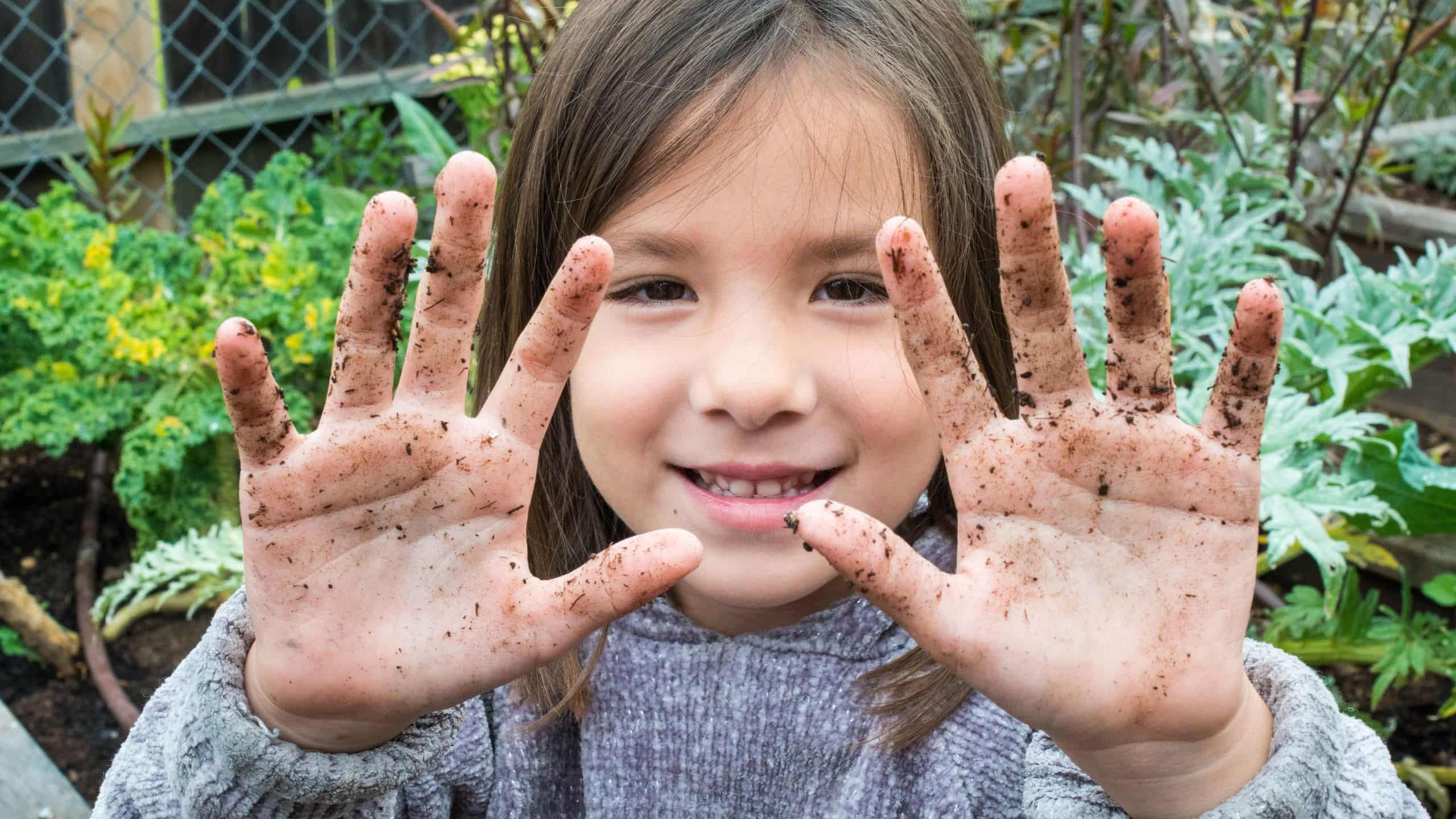Since 2011, Whole Kids Foundation has awarded 5,452 gardens to K-12 schools and nonprofits in the U.S., Canada and the UK — and we’re not stopping there. Our annual September Growing Healthy Kids fundraiser this month is bolstering support for our programs — including our Garden Grant program. Our goal is $3.4 million, which will fund grants for gardens (and salad bars, educational bee hives and healthy teacher trainings too!).
The Power of Plants
We’re working hard with community partners to directly connect kids with the roots of their food, and we’ve found educational gardens to be a very powerful tool. Through our Garden Grant program, schools and nonprofits are turning outdoor spaces into hands-on, nature-based learning environments that not only promote a basic understanding of how to grow food healthily but also how to make nutritious food choices.
Studies show that involvement in a garden significantly increases a student’s nutrition knowledge, willingness to try, and preference for fruit and vegetables, which are all behavior predictors for increased fruit and vegetable intake. So, kids who grow veggies, eat veggies!
Why does this matter? Only 2% of children eat enough fresh fruits and vegetables, and the typical elementary student receives just 3.4 hours of nutrition education each year. However, students who were exposed to a garden increased their fruit and vegetable intake by up to 1.5 servings per day*. Students who are involved in gardens are eating more veggies** and significantly increasing the average number of vegetable varieties they’re consuming, too***.
School gardens can also act as incredible outdoor classrooms and can be easily integrated into classroom curriculum. Check out our 35 school garden lesson plans to see the possibilities!



